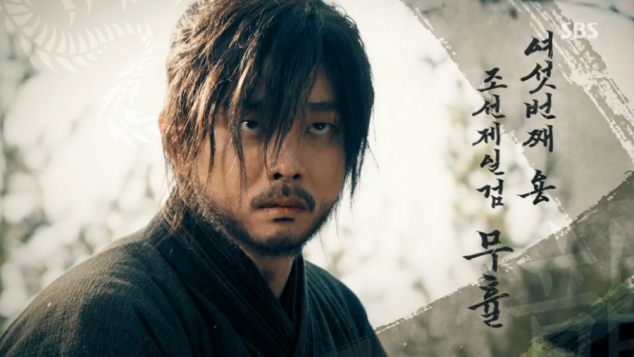Hong Kong fiction and its Korean counterpart, heroism and escapism, the corporeal and the illusory—entities in these pairs nestle within each other in symbioses at times wondrous and at times sobering.
Hong Kong martial arts fiction has made an impact on the South Korean popular culture scene since the 1960s. In 1967, the Hong Kong film Come Drink With Me, which tells the story of a swordswoman pairing up with a drunken kung fu hero to fight bandits, attracted a record-breaking 300, 000 moviegoers in Seoul and whetted the public’s appetite for more tales from the genre. From then till the mid-1970s, importers brought in more such movies from Hong Kong, producers responded enthusiastically with their own action films, major newspapers and publishers tried to out-win one another by serializing martial arts novels and comics, and radio stations aired adaptations of such novels. Hong Kong and Korean film directors also traveled to each other’s country to shoot martial arts series, exchanging professional insights along the way. The bubble burst after that, but in the mid-1980s mainland-born Hong Kong novelist Jin Yong brought on a second boom with his Condor Trilogy, selling over one million copies in South Korea and ushering in new imports of Hong Kong martial arts films.


You must be logged in to post a comment.